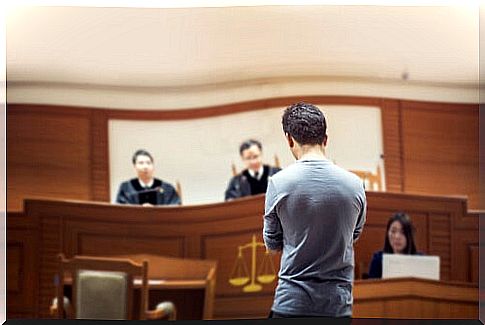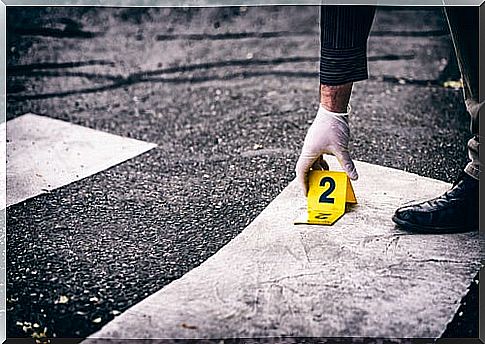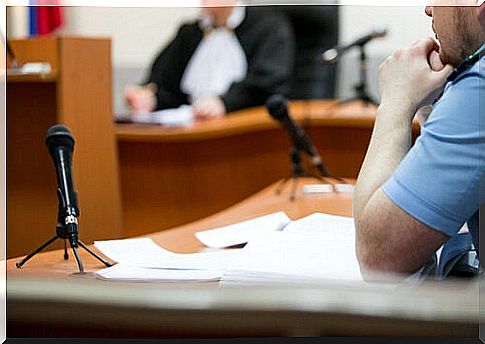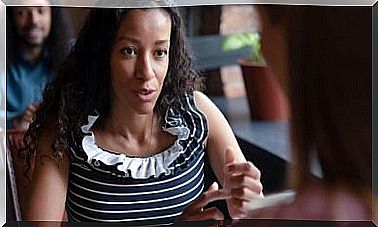How Does Witness Statement Work?

The testimony of witnesses is an act of investigation that is not guaranteed. That is, it is subject to ordinary legality. Specifically, the Criminal Procedure Law (LECRIM) is its main regulation.
This means that it does not require specific constitutional protection, because fundamental rights are not affected in its management and execution. Although other investigative acts are not guaranteed, they may be partially protected by the constitution.
It should be noted that many acts of investigation are also acts of evidence. In fact, the testimony of witnesses can be testimonial evidence or the report of experts expert evidence. Next, we will focus on the testimony of witnesses as an investigative diligence.

The statement of witnesses as an investigative act
Legally, the testimony of witnesses is characterized by being a mixed diligence of a personal and material nature. This is so because the act requires taking into account both the figure of the witness and the statement issued.
The witness is the source of the evidence. It is defined as any person who is not a party to the case, but has witnessed the criminal act. You may have seen it, heard it, or even known it as a reference. This last case is what is known as a peripheral witness statement.
On the other hand, your statement is the means of the research test. It is the diligence by which the sensory perceptions of the witness are contributed to the procedure. As mentioned above, both concepts are broadly regulated in articles 410 to 450 of the LECRIM.
The witness
It is essential to understand that, a priori, there is a true obligation to testify that falls on all the people who have been able to witness or know the facts. There are strong penalties applicable in case of non-compliance.
Furthermore, the ability to witness is practically limitless. In criminal proceedings, any person, regardless of age and circumstances, can be a witness; Unless it is someone physically or mentally incapable.
The duty to testify, independently, is not always enforceable. There are people who are exempt or incompatible. Although part of the doctrine considers this privilege debatable because it directly violates the principle of equality of article 24 of the Spanish Constitution.
Persons exempt from the obligation to testify
There are two groups of people exempt from the duty to testify. They are divided according to whether they are exempted from both attending and declaring, or only from attending. Those exempt from the obligation to attend and declare may be so for the following reasons:
- For reasons of state. They are the Queen, the King, their consorts, the Crown Prince and the Regents.
- For reasons of International Law. Diplomatic Agents accredited in Spain.
- Due to reasons of kinship with the accused. The spouse and their next of kin.
- Those who have an obligation to keep secret. The defendant’s lawyer and his translators or interpreters. Also religious of any cult and, where appropriate, public officials.
Persons exempt from the obligation to attend but not to declare, can either inform in writing or do so in their official office. The other members of the Royal Family and a list of high judicial and political positions can declare in writing. On the other hand, the list of who can testify in his office is regulated in article 412.5 LECRIM, (also important political and judicial personalities).
Persons incompatible with the obligation to testify
It is worth mentioning that the LECRIM does not express anything in this regard, but the doctrine considers it obvious that both the Investigating Judge and the Public Prosecutor’s Office officials cannot testify.
The accusing or accused parties and their defenders are also incompatible . With the exception of the witness-party, when the person offended by the crime is the only person who has witnessed the events.

The veracity of a witness
The witness statement has great relevance in the criminal process. However, it is important not to ignore the dangers that this diligence raises. Not without reason has the expression “testimony, proof of the devil” been heard.
In Spain, the witness evidence is unreliable. The doctrine talks about the fact that the evidence on the witness evidence must be admissible as impugnability. It is about working on how to reveal the possible lack of veracity of a witness.
The witness can be manipulative, fearful, greedy. He is a human being and has the same defects and virtues as any other person. The way to correct the violation of the duty to tell the truth is by pursuing false testimony.









